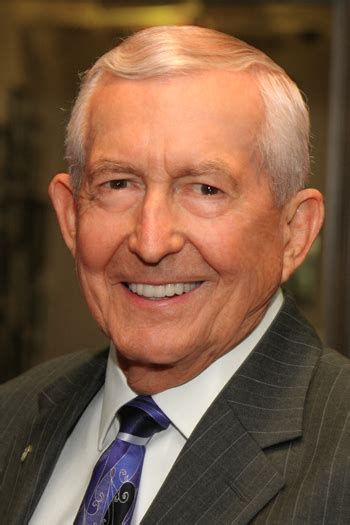A Quote by Paulo Coelho
Each human being has been granted a virtue: the capacity to choose. For he who does not use this virtue, it becomes a curse - and others will always choose for him.
Related Quotes
And what does reward virtue? You think the communist commissar rewards virtue? You think a Hitler rewards virtue? You think, excuse me, if you'll pardon me, American presidents reward virtue? Do they choose their appointees on the basis of the virtue of the people appointed or on the basis of their political clout?
Is there no virtue among us? If there be not, we are in a wretched situation. No theoretical checks-no form of government can render us secure. To suppose that any form of government will secure liberty or happiness without any virtue in the people, is a chimerical idea, if there be sufficient virtue and intelligence in the community, it will be exercised in the selection of these men. So that we do not depend on their virtue, or put confidence in our rulers, but in the people who are to choose them.
A man that hath no virtue in himself, ever envieth virtue in others. For men's minds, will either feed upon their own good, or upon others' evil; and who wanteth the one, will prey upon the other; and whoso is out of hope, to attain to another's virtue, will seek to come at even hand, by depressing another's fortune.
In the space between stimulus (what happens) and how we respond, lies our freedom to choose. Ultimately, this power to choose is what defines us as human beings. We may have limited choices but we can always choose. We can choose our thoughts, emotions, moods, our words, our actions; we can choose our values and live by principles. It is the choice of acting or being acted upon.
Man must choose either of the two courses, the upward or the downward; but as he has the brute in him, he will more easily choose the downward course than the upward, especially when the downward course is presented to him in a beautiful garb. Man easily capitulates when sin is presented in the garb of virtue.
Virtue is something you have to get good at, like playing the trombone or tolerating bores at parties. Being a virtuous human being takes practice; and those who are brilliant at being human (what Christians call the saints) are the virtuosi of the moral sphere - the Pavarottis and Maradonas of virtue.





































